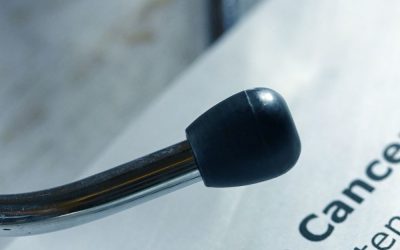Log in to mychart
Sign up for mychart
Pay your bill
Note: Charges prior to 6/1/2024, please call our office 509-249-3900
We pride ourselves on delivering the finest care possible.
About Us
The Physicians and staff of Yakima Urology Associates never forget there is a person associated with the services.
Our Services
All Physicians at Yakima Urology Associates are fully trained in Adult and Pediatric Urology.
da Vinci® System
We provide the only robotically assisted laparoscopic prostatectomy in Central Washington.
WHAT OUR patients are saying
“On top of having a great attitude, Dr Cox showed me he cared. I’m very pleased with the outcome!”
“Everyone from the front desk, the person who brought me back, and Dr. Uhlman were all wonderful, and couldn’t have been nicer!”
“YUA did such a good job taking care of me. And the front office staff was especially caring and sweet.”
Get in touch
Hours
Monday – Thursday 7:30am-5:00pm, Friday 7:30am-4:00pm
Phone
(509) 249-3900 or (800) 572-8357
Fax
(509) 573-9539
Location
Yakima Urology Associates
2500 Racquet Lane
Suite 100 Yakima, WA 98902
What’s happening at YUA?
Check here for the newest health messages and news
How to Check for Prostate Cancer
Prostate cancer is very prominent among men, however, it can be easily monitored if you’re equipped with the right information.
Take Steps to Avoid a UTI this Summer
A UTI, or urinary tract infection, occurs when bacteria gets into your urine and travels up to your bladder. UTIs cause more than 8.1 million visits to health care providers each year. About 60% of women and 12% of men will have at least one UTI during their lifetime.
Top 3 Myths and Facts When it Comes to Testosterone
As the major sex steroid hormone in men, its effects are wide-ranging and powerful. In adults, testosterone is important for sexual desire, erections, and sperm production.


